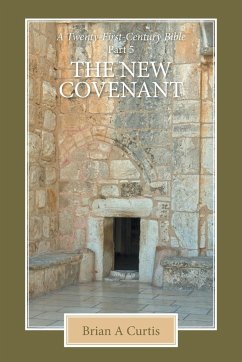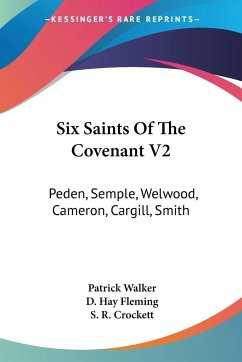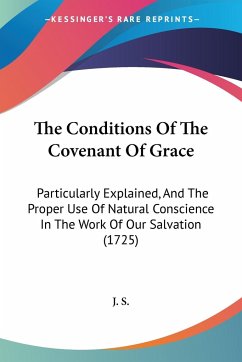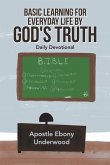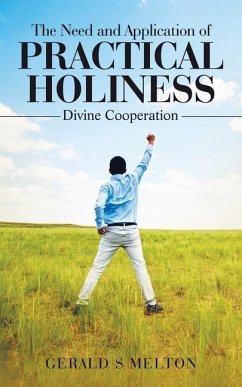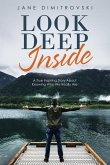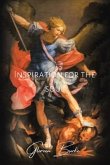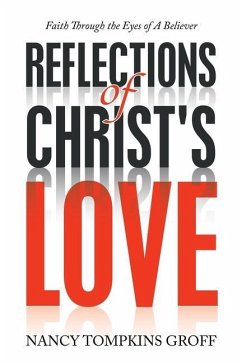The New Covenant is the fifth, and last book in the series 'A Twenty-First-Century Bible.' Recognising that the Bible is not the easiest book to read, and that there are many obstacles for the modern reader to overcome, this time the author has taken the Greek text of the New Testament and presented it in a new and more readable way. Indeed, the narrative is presented in a more logical historical order, with the letters inserted into their historical setting. Additional comments in italics are interwoven into the text to enhance readability and understanding. The New Covenant continues the journey-from the birth of Jesus to apostle John's revelation on Patmos.

